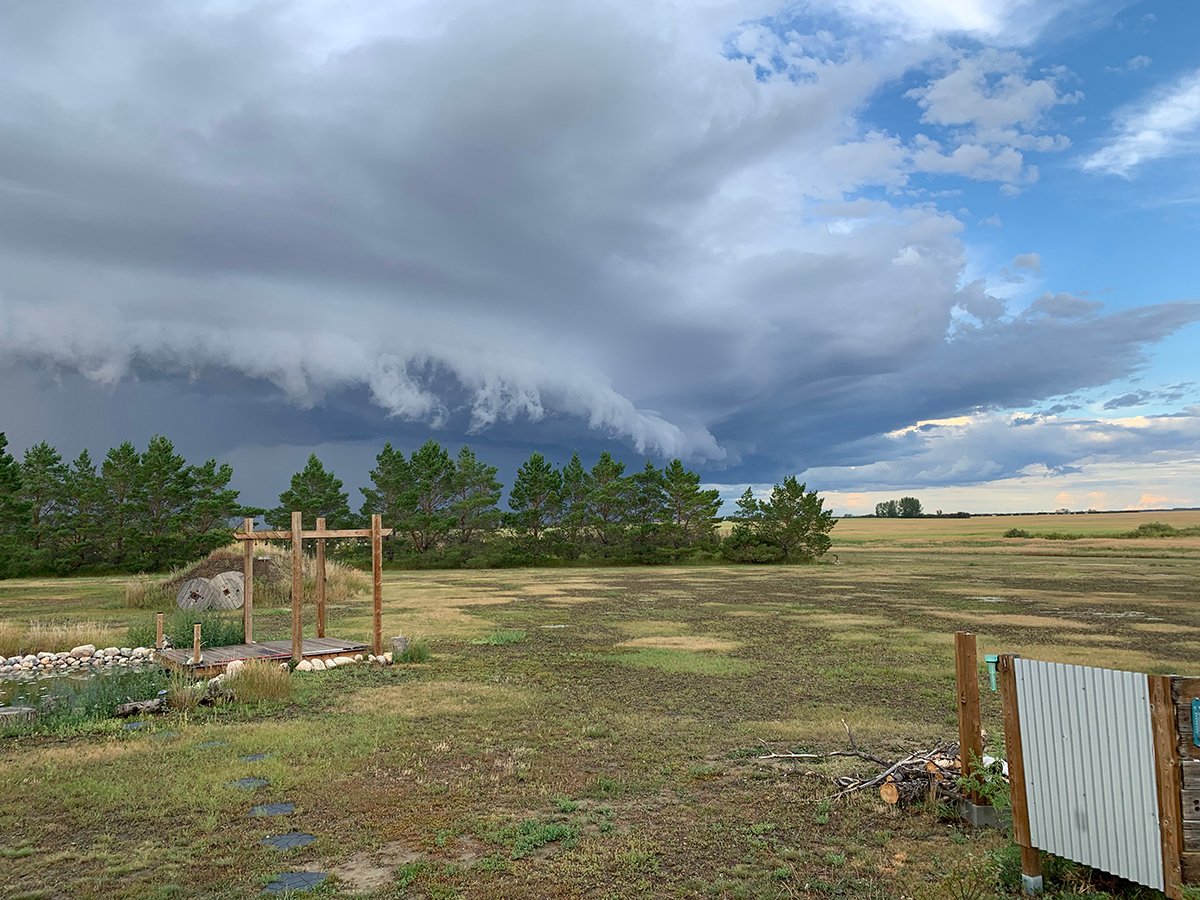OTTAWA – Federal agriculture minister Ralph Goodale is considering recommendations this summer that will radically redesign the prairie cash advance program.
It includes a recommendation to penalize farmers who default on loans and it calls for increased costs for farmers taking advantage of the plan.
As well, it suggests the Liberal government forget about an election promise that the program include a spring advance.
“The consensus from farm groups we talked to is that we ought not to go to spring advances,” said Bruce Riddell, Agriculture Canada’s chief of market programs who led a consultation with farm groups. “Of course, it is the minister’s decision.”
Read Also

Storm dynamics and extreme rainfall
Besides moisture, instability and orographic lift, the next biggest factor that contributes to heavy or extreme rainfall is storm dynamics.
He spent months leading a consultation with 84 producer groups on how the cash advance program should be designed.
The Liberals promised to return it to its interest-free status, undoing a Conservative decision to reduce costs by charging some interest.
Under the program, farmers can use undelivered grain as collateral to obtain a government-guaranteed, interest-free loan from a bank or credit union.
Part of the problem with the program is that in recent years on the Prairies, the default rate has skyrocketed as farmers do not or are unable to repay the loan, leaving the government liable. In 1993-94, the default rate of seven percent was on loans worth $57.8 million.
Default rate
Meanwhile, the program which covers crops other than wheat board grains has had a default rate of one-tenth that level. It includes the cash advance program in Ontario.
“The majority of opinion in Western Canada is that we have to get the level of default down,” said Riddell.
Among the proposals is a suggestion that a farmer who defaults should be barred from the program for three years and a second offence would mean a lifetime ban.
The proposal recommends maximums remain at $50,000 for an individual and $250,000 for a unit with more than one operator.
Riddell’s report also will suggest the rules of the Prairie Grain Advance Payment program be revised to correspond to the Advance Payments for Crops program that applies to other crops. This would mean there has to be evidence a farmer sold his crop before the obligation is set aside, rather than simply a repayment of the loan.














